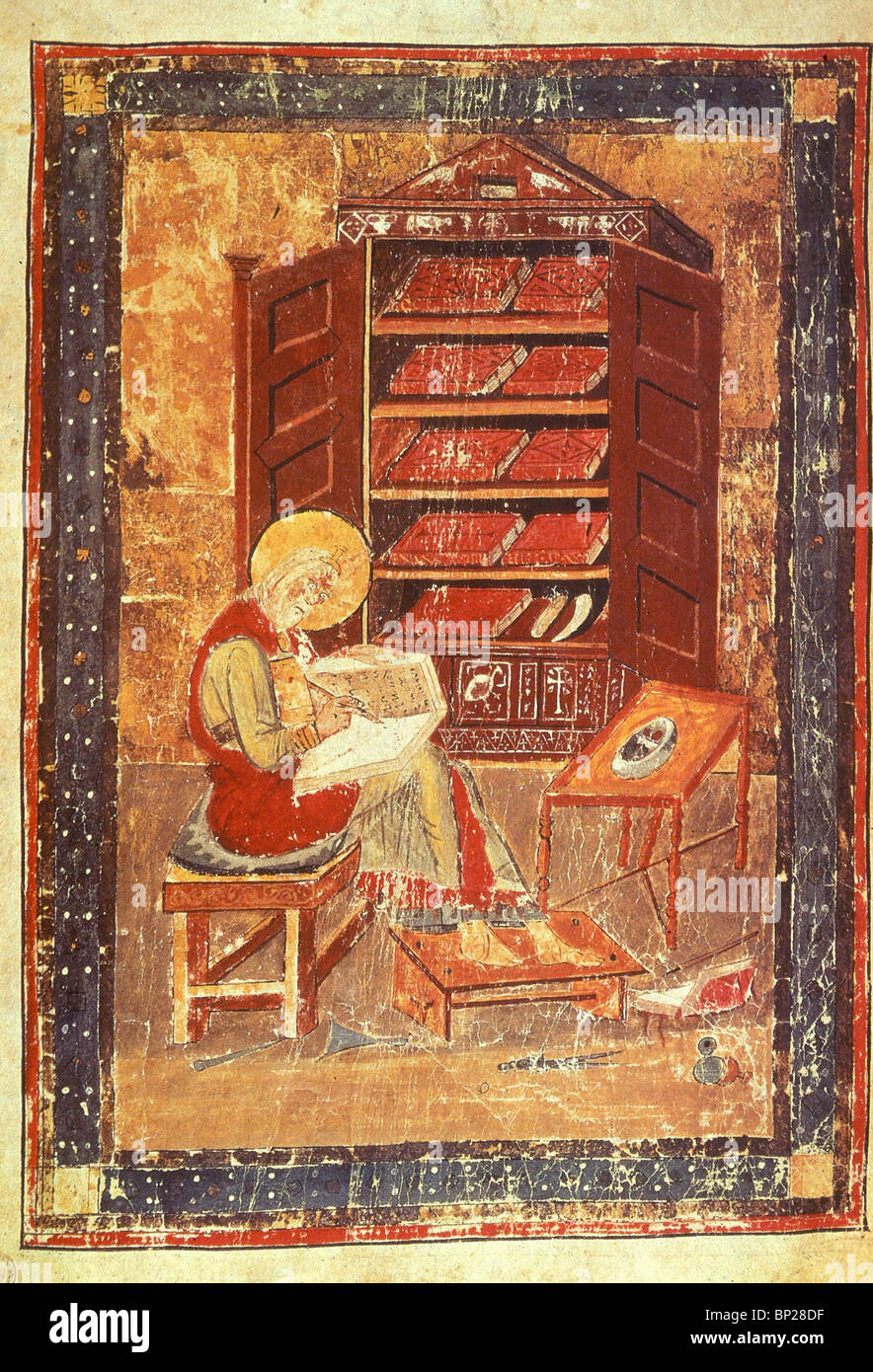


We have not been granted new revelation since the end of the first century, and we have no reason to expect any new revelation until the Lord returns (cf. We also live during a time when there is no prophet in the land (cf. Texts and their interpretation feature much more prominently than they did during the days of the kings.Įzra’s example should provide us with encouragement today. Consider any of the messages of the prophets by the “word of the LORD” compared to, say, Peter’s preaching in Acts 2:14-36, or even Paul in Acts 17:16-32. In fact, Jesus and the Apostles validate the role of the text and its interpreters they are filled with the Holy Spirit, can prophesy, and yet their arguments and discussions throughout are based on texts and the proper interpretation of those texts. Such figures feature prominently in the Gospels Jesus chides and condemns them for their hypocrisy, their arrogance, and their inconsistencies, but never denigrates the profession itself or considers it unnecessary or unworthy (cf. From this point on the prophets fade in their place come the lawyers and the scribes. As such, he is one of the final “prophets” of the Old Testament period, yet one whose authority is vested in his understanding and explanation of the Law of Moses. He is often reckoned to be the author of 1 and 2 Chronicles and Ezra if he himself did not write them, someone very much like him or associated with him did. The hand of the LORD is upon him in his diligence in studying the Law of Moses to teach the people. Otherwise we have no other recorded messages from any prophets at this time by the second century BCE there is admission that there are no prophets in the land.Įzra stands at this major juncture in Israelite history. The prophets Haggai and Zechariah exhort the people to finish the (second) Temple in 520 BCE Malachi prophesies to the people at some point afterward. But even then there is a difference: certain questions are put aside until a priest should arrive with Urim and Thummim (cf. God spoke through the prophets throughout the days of the kings, through the exile, and even after some of the people returned to the land. God speaks directly to the kings and to the people through the prophets the prophets were held in somewhat high esteem even though the people often did not heed their messages. Perhaps because the Law was not being read as it should, or perhaps for other reasons, the prophets feature prominently in the days between Joshua and Ezra. If priests were reading the Law, it certainly was not being reflected in the behavior of the kings or the people!

They also were likely in the minority even though God commanded the Levites to continually read the Law before the kings of the land (Deuteronomy 17:18-20) and before all the people at the Feast of Booths every seven years (Deuteronomy 31:10-13), the prophets condemned the priests for their negligence in teaching the people (e.g. For whatever reason they did not gain sufficient prominence to be noted in the text. What is astounding is that such is the first recorded instance of such behavior since the days of Joshua Ezra is the first person described in the Old Testament as a “scribe skilled in the Law of Moses.” How can that be?ĭoes this mean that there were no scribes skilled in the Law of Moses before Ezra? This is unlikely there probably were some such scribes in Israel before the exile. The Israelites are listening to and heeding the message of the Law of Moses as read and taught by Ezra the scribe (cf. The community of returned exiles recognizes this authority granted to Ezra and proves willing to change their behavior on account of his teachings and pleadings (cf. He devoted his life to studying the Law of the LORD so that he could teach it to his fellow Israelites (Ezra 7:10) it was for this purpose that Artaxerxes king of Persia sent him to Jerusalem (cf. Instead, it is his role as a “scribe skilled in the Law of Moses” which is prominently featured in his career (Ezra 7:6). Ezra 7:1-5), but that is not touted as his claim to fame. This Ezra went up from Babylon: and he was a ready scribe in the law of Moses, which the LORD, the God of Israel, had given and the king granted him all his request, according to the hand of the LORD his God upon him (Ezra 7:6).Įzra proves to be a pivotal person in the history of Israel.Įzra is a priest descended from Aaron through Zadok (cf.


 0 kommentar(er)
0 kommentar(er)
